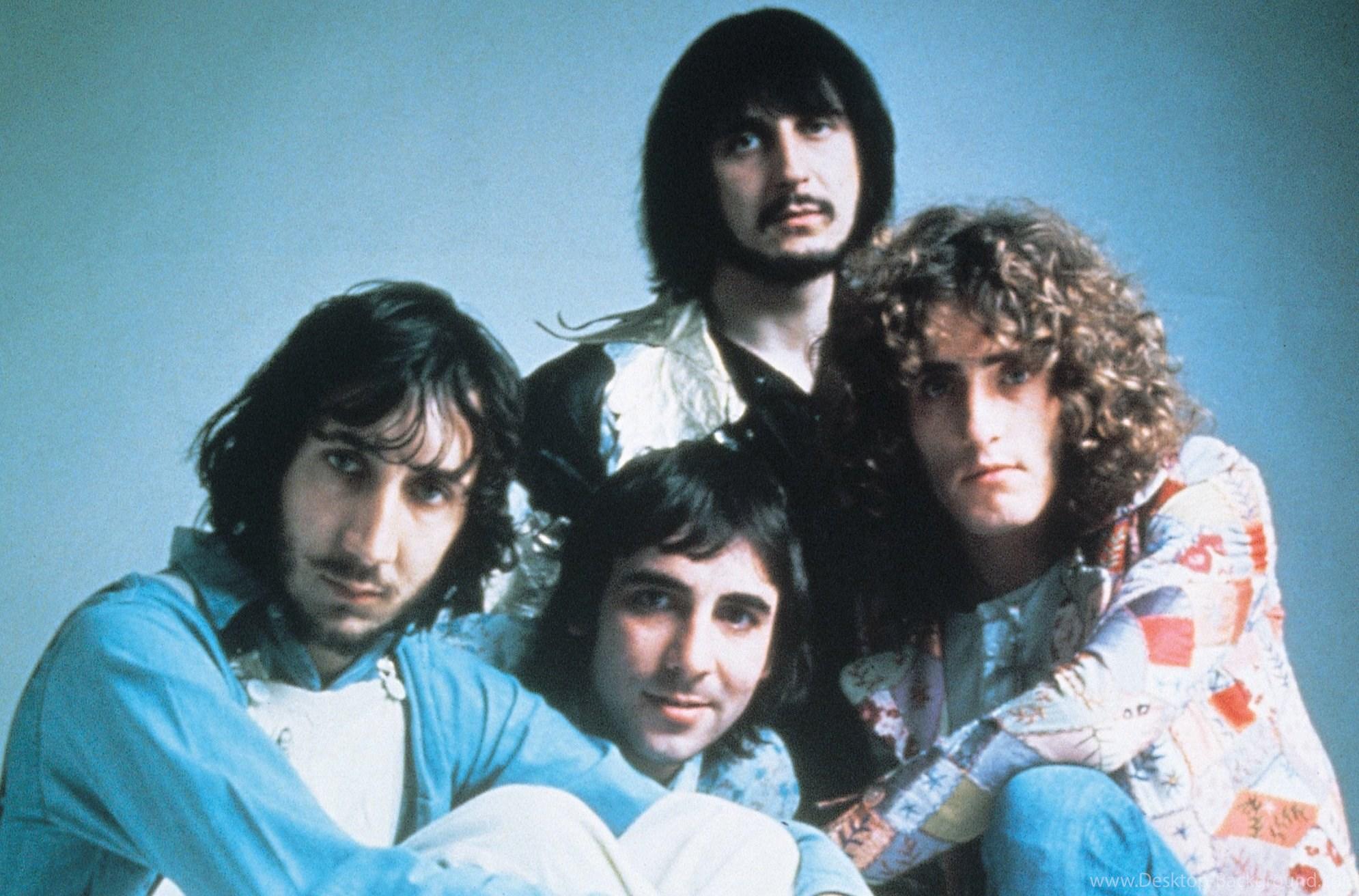
BEST EMINEM SONGS OF ALL TIME
It is most likely probable that you have heard about Eminem at one point in your life via social media

When considering renowned rock and roll bands, there is one indisputable standout: The Who. The British band is considered one of rock and roll’s most influential, and its legacy will undoubtedly remain. The Who, formed in the mid-1960s, transformed rock music with their experimental sound and approaches, becoming a cultural force. This blog aims to evaluate The Who’s historical growth by tracking their beginnings and exploring their enduring impact on the world of rock and roll.
The narrative of The Who commences in 1964 inside the locale of Shepherd’s Bush, London, wherein a quartet of adolescent musicians made the collective decision to form a musical ensemble. Roger Daltrey sang, Pete Townshend played guitar, John Entwistle played bass, and Keith Moon played drums. In their early years, the band stood out with a dynamic musical approach. The band adopted the name The Who during this important growth era, which would eventually become synonymous with rock & roll greatness.
The Who were influenced by rockabilly, rhythm and blues, and more. The proclivity of Townshend for dynamic guitar riffs and the commanding, fervent vocals of Daltrey expeditiously established their own characteristic, catapulting them into the realm of renown.
The emergence of The Who’s inaugural song, I Can’t Explain, in 1965 marked a pivotal moment in the band’s career, signifying their initial breakthrough. The captivating nature of this melodic composition captured the interest of enthusiasts of music, leading to the expeditious acquisition of their inaugural contractual agreement. The initial records released by the musical group, including My Generation and A Quick One, prominently showcased their distinctive musical approach, characterised by a rebellious and energetic demeanour, and a repertoire of songs that resonated deeply with the zeitgeist of their age.
The rock opera masterpiece Tommy by The Who was officially released in 1969. This album propelled them to achieve global prominence and solidified their status as prominent figures in the rock genre. The album’s success was propelled by the songs Pinball Wizard and See Me, Feel Me, which appealed to a specific generation.
The Who were known for their inventive songwriting. The band’s willingness to experiment and Pete Townshend’s storytelling prowess propelled rock & roll. The band in question was instrumental in the development and popularisation of the rock opera, a musical form that afforded them the opportunity to effectively convey intricate storylines.
The music produced by The Who has had a significant influence on various aspects of culture. The musical compositions resonated with the younger generation of the 1960s and 1970s, effectively capturing the essence of defiance and the desire for societal transformation. The chants produced by this group evolved into anthems that resonated across generations, leaving a discernible imprint on the realms of fashion and society.
Although The Who’s history was characterised by frequent changes in their lineup and even a temporary hiatus, their lasting impact and influence remained intact. Despite the unfortunate demise of Keith Moon in 1978, the band persevered and experienced the addition of new members, thereby preserving the distinctive sonic qualities of the group. After the disbandment of the musical group, the individual members embarked on prosperous solo endeavours, thereby making significant contributions to the broader realm of rock music.
The music produced by The Who continues to enjoy widespread popularity in contemporary times, with their songs being regarded as enduring classics. The enduring impact of this band is evident in the numerous rock bands that have emulated its style and approach. Furthermore, their profound influence on the music industry and broader cultural landscape continues to be palpable in contemporary times.
The trajectory of The Who serves as a remarkable testament to the capacity of music to transcend temporal boundaries and establish connections across multiple generations. The band known as The Who has demonstrated that a combination of artistic ingenuity and a defiant disposition can leave a lasting impact on a global scale, tracing their origins back to a modest London community and ultimately ascending to the status of rock and roll icons. Their music inspires and connects followers of all ages, cementing their rock & roll legacy. They changed the music industry and culture. The Who are more than a band because they shaped rock and roll.

It is most likely probable that you have heard about Eminem at one point in your life via social media

Within the massive tapestry of musical history, certain musical ensembles have emerged as prominent figures, renowned for their exceptional talent

Explore the world of captivating retro art prints and vintage curated by Christene Rotger. Immerse yourself in a blend of Retro, Hip-hop, Pop, Rock, and Vintage aesthetics, created with passion.
© 2024 C-POP. ALL RIGHTS RESERVED. Designed by LogoCent